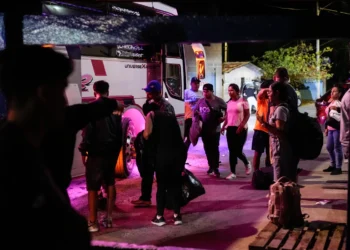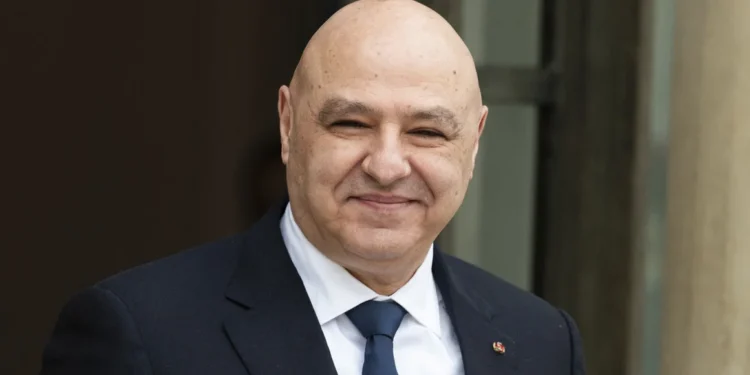On Tuesday, July 16, a second contingent of 200 police officers from Kenya arrived in Haiti to support a UN-backed mission aimed at combating rampant gang violence in the Caribbean nation.
This deployment follows the arrival of the initial 200 Kenyan officers in Port-au-Prince nearly a month ago, where gangs currently control approximately 80% of the city.
Due to security concerns, authorities have withheld specifics regarding the Kenyans’ assignments.
However, it was observed these officers patrolling areas around the main international airport, which recently reopened in late May after being closed for nearly three months due to gang-related violence.
The UN Security Council has indicated that more Kenyan officers will arrive in the coming weeks and months.
They will be joined by police and military personnel from the Bahamas, Bangladesh, Barbados, Benin, Chad, and Jamaica.
The combined force will ultimately total 2,500 personnel, deployed in phases with an annual cost of approximately $600 million.
The reception of the Kenyan officers in Haiti has been mixed. While some Haitians are optimistic, others are skeptical.
Diego Da Rin of the International Crisis Group, who has recently visited Haiti, noted, “The fear of the Haitians is that this mission, as has occurred in the past … will only achieve a temporary reduction in violence.”
Kenyan police have a controversial history, with longstanding allegations of abuses, including extrajudicial killings.

Furthermore, the previous UN peacekeeping mission from 2004 to 2017 was tarnished by accusations of sexual assault and the introduction of cholera, which resulted in nearly 10,000 deaths.
Security Situation Still Dire
Jean-Marc Etienne, 49, who lost his home to gang violence a year ago, expressed disappointment over the lack of visible progress since the first Kenyan contingent arrived in June.
“Security has not improved,” he stated, pushing a wheelbarrow full of raw sugarcane near the airport.
“On top of that, kidnappings have started again.” Etienne and his family currently live under a tarp in a friend’s yard, exposed to extreme weather conditions while they seek more secure shelter.
The Kenyan-led mission aims to strengthen Haiti’s National Police, which is critically understaffed and underfunded, with only about 10,000 active officers in a country of over 11 million people.
The mission also seeks to curb the activities of gangs responsible for over 4,450 deaths and 1,668 injuries last year, a figure more than double that of the previous year.
In the first three months of this year alone, more than 1,500 people have been killed or injured.
Gang violence has also left over half a million Haitians homeless and placed 1.6 million people at risk of starvation, according to the UN Office for the Coordination of Humanitarian Affairs.
Earlier this year, coordinated gang attacks in late February led to the resignation of former Prime Minister Ariel Henry, who had urgently called for foreign intervention in October 2022.
His resignation in late April was followed by the appointment of a transitional presidential council and a new Prime Minister, Garry Conille.
Da Rin cautions that the Kenyan mission alone will not suffice to resolve the gang violence, pointing out that certain politicians and business owners have long-standing ties to these criminal groups.
“As long as the problems of impunity and corruption are not addressed, any strategy focused solely on security will not have lasting improvements,” he said.
The success of this UN-backed mission hinges on addressing the deeper issues of corruption and impunity that have long plagued Haiti.
While the immediate goal is to reduce violence and restore order, the long-term stability of the nation will depend on comprehensive reforms and international support.
READ ALSO: Attack On Lebanon To Become Hell For Israel





















